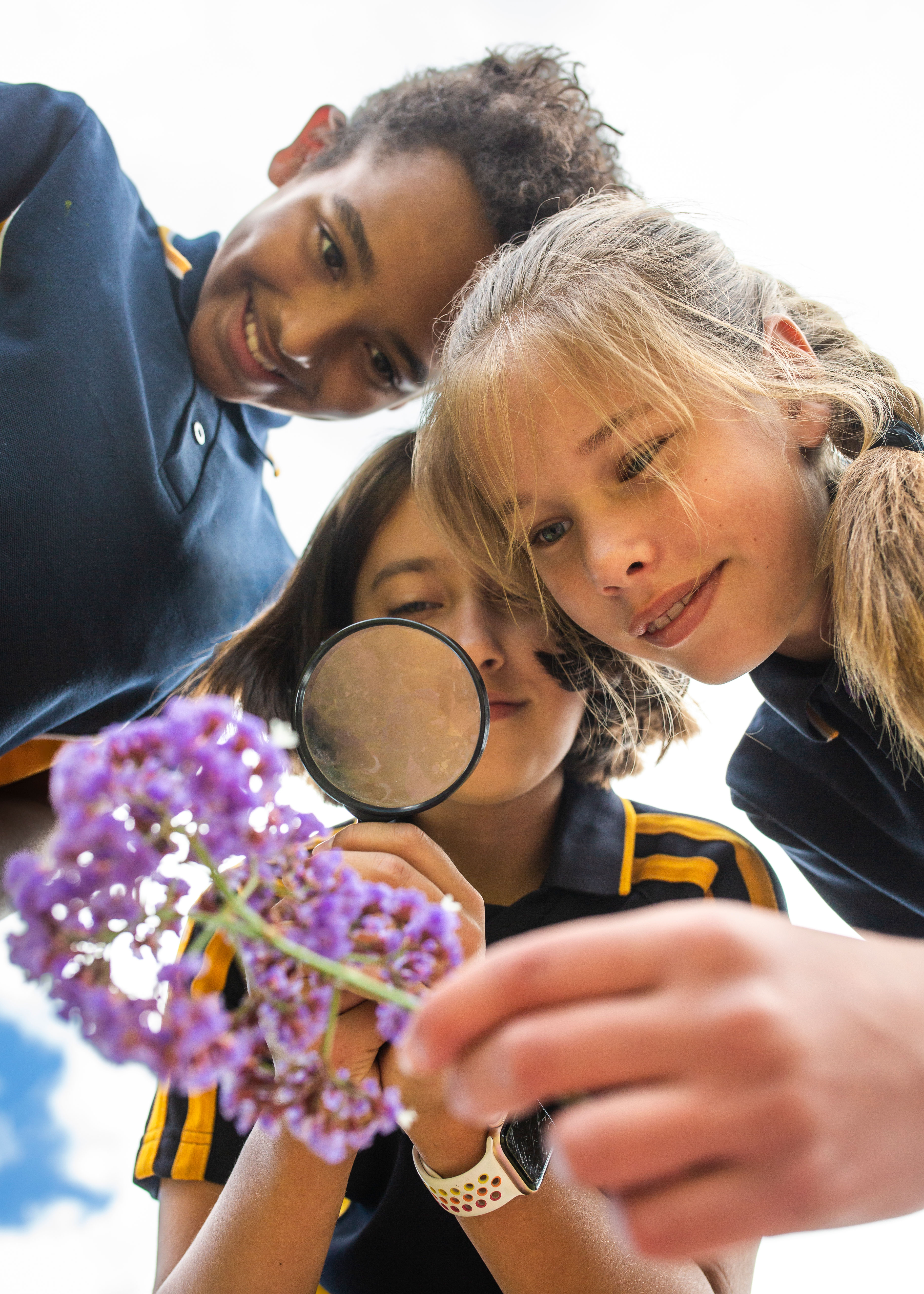Get ahead in renewable energy
We offer a number of educational products and services for students and workers looking to improve their knowledge of renewable energy and grow their skills. We also create bespoke courses for organisations involved in renewable energy. Find out more below.
Enrol in our LearnLAB courses
Keep your qualifications and skills up to date with industry-leading, online training and resources. If you wish to purchase multiple enrolments for your organisation, contact us at education@cleanenergycouncil.org.au.

CPD for solar installers

Discover the renewable energy industry

Powering Up: Clean energy on Country

Social license leading practice course
Upskill your employees and key audiences to help achieve your business goals
If you need to train your staff or the broader clean energy workforce on any aspect involving renewable energy, talk to us.
Our team bring a wealth of industry knowledge and real-world experience to course development, ensuring that they are practical, engaging and relevant. Our LearnLAB platform provides a modern, intuitive and interactive learning environment, as well as easy access to thousands of rooftop solar installers and renewable energy professionals.
Talk to us about your training needs today.
Resources for secondary school teachers on clean energy careers
Developed for Cool.org with the support of the Queensland Government, the STEM Futures: Energy Careers education program is designed to inspire and equip students in years 7 to 12 to consider future roles in clean energy.
Through a comprehensive suite of 28 lessons and resources, teachers can help students build foundational STEM skills needed in key roles and understand the opportunities available in the industry.

